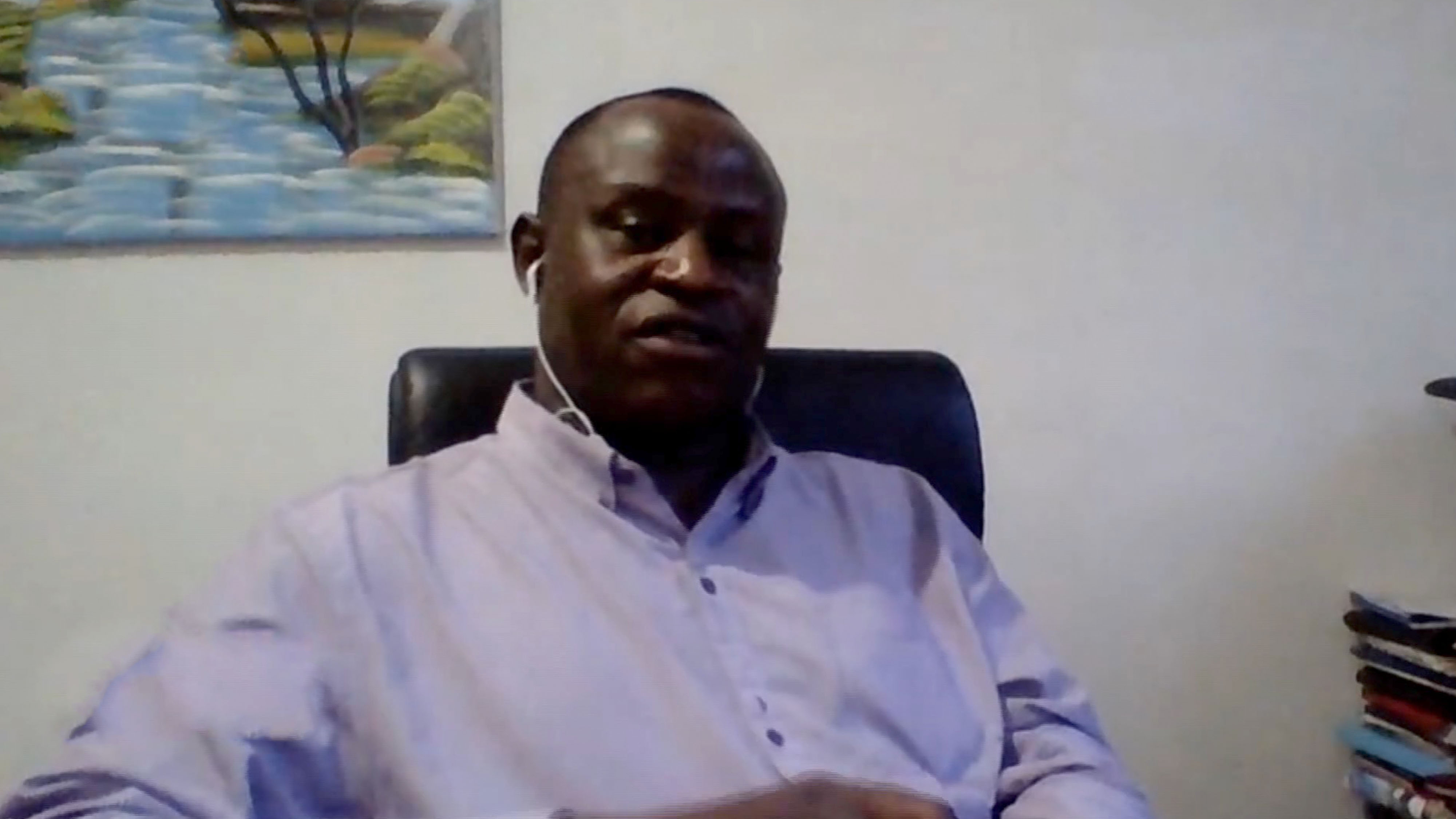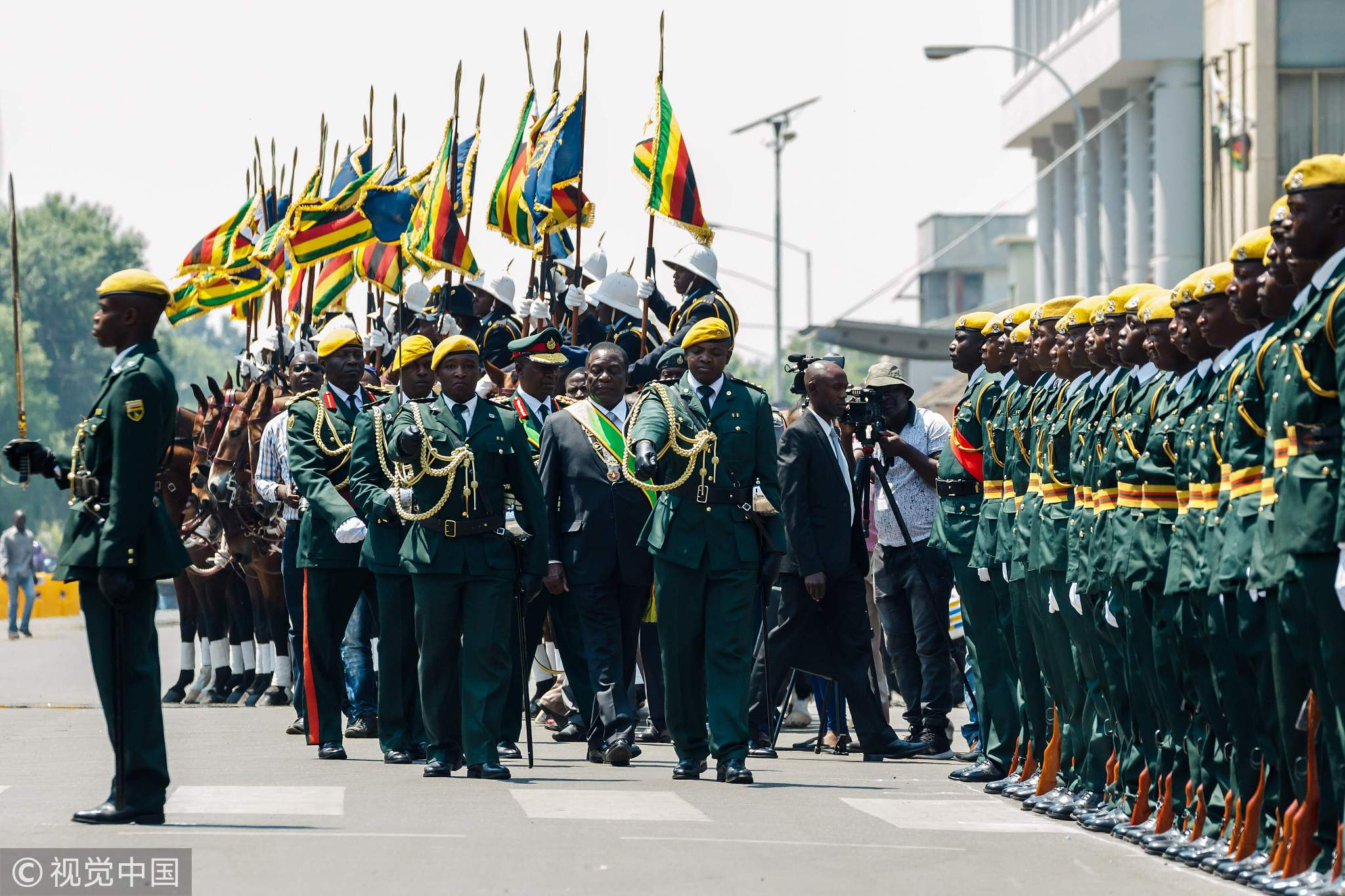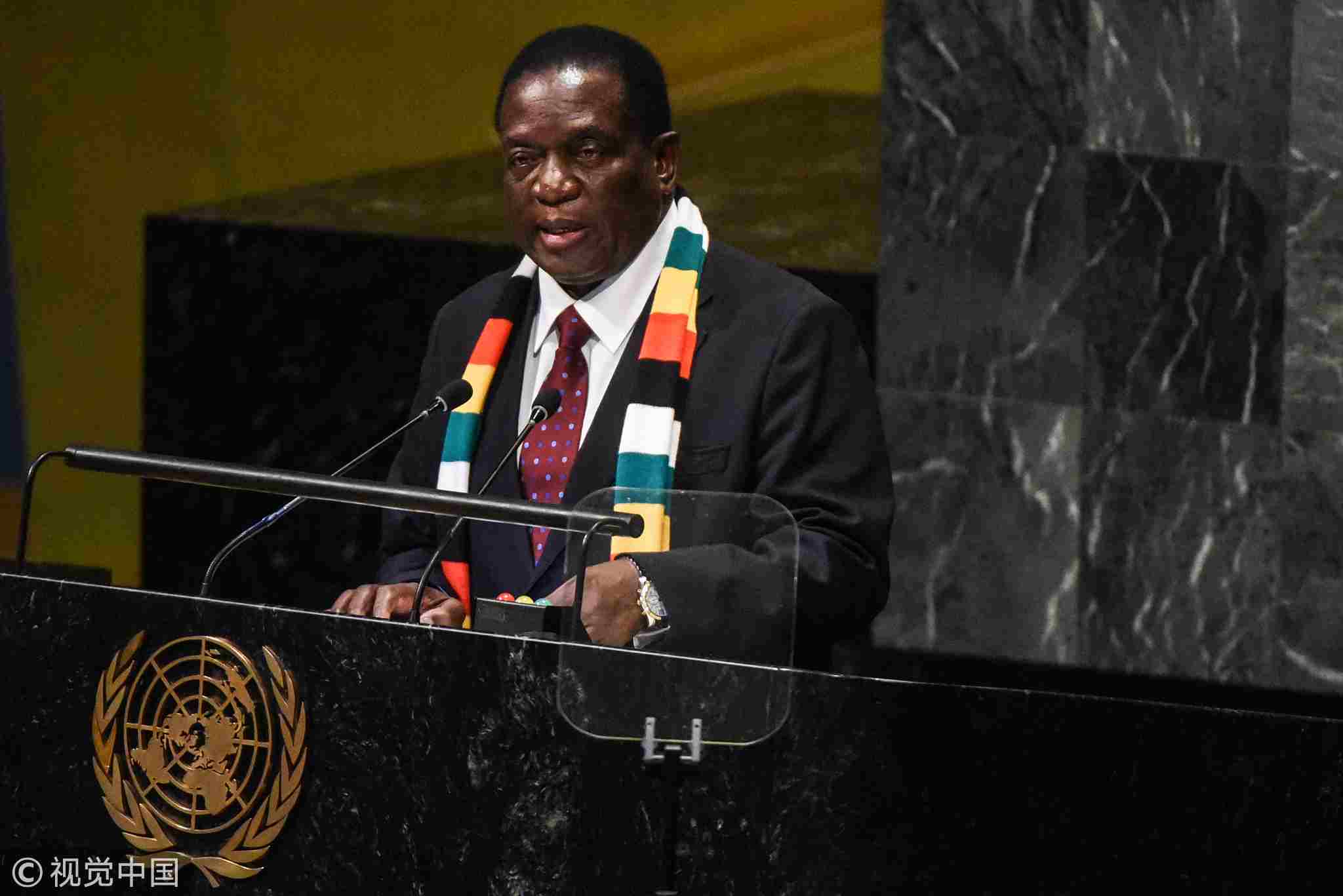
Opinions
15:46, 07-Dec-2018
Experts: Zimbabwe is still facing grim economic challenges one year after Mugabe
Updated
15:29, 10-Dec-2018
The Heat
01:44

Zimbabwe's long-time leader Robert Mugabe stepped down from the presidency after his impeachment in November 2017. First Vice-President Emmerson Mnangagwa who became the new leader has promised a new Zimbabwe.
However, amid disease outbreaks, commodity shortages and rising living costs, the post-Mugabe era has faced numerous challenges. Mnangagwa is confronted with an uphill battle, trying to lead the country out of economic stagnation and reconciling with the polarized society.
Bright Matonga, a member of parliament and Zimbabwe's vice minister of information, thinks that current shortage and rising living costs are part of the government's transitional process after years of sluggish economic reform.
He holds an optimistic view that the domestic agricultural production is satisfying. It takes time for a change, and it is more important that the current leader be willing to.

Zimbabwe's President Emmerson Mnangagwa reviews the guard of honor ahead of delivering his inaugural address at the parliament in Harare, September 18, 2018. /VCG Photo
Zimbabwe's President Emmerson Mnangagwa reviews the guard of honor ahead of delivering his inaugural address at the parliament in Harare, September 18, 2018. /VCG Photo
Joseph Ochieno, a writer and commentator on African affairs, agrees that economic growth cannot be achieved overnight, and Zimbabwe should also realize the severity of the recession in the past 20 years.
Ochieno stresses the importance for the current leader to seek political reconciliation. He expressed concerns about a lack of investments in Zimbabwe and called for the international community to join in the country's economic recovery process.
Chipo Dendere, a visiting assistant professor at Amherst College, criticizes the current government. She argued that the worsening medical care and a malfunctioning currency are jeopardizing people's rights and freedom in Zimbabwe. She added that Mnangagwa must do more to protect people's freedom of expression.
Nhlanhla Sehume, the South African journalist and news anchor, believes that a lot of Zimbabwean nationals in South Africa are worried about the declining economy in their home country, and a repressive government which is “pretty much the same” as the old one. Many refer the situation now as “not inspiring hope of a new Zimbabwe.”
Zimbabwe's economic problem is severe and difficult to solve. As Ochieno points out, the new national currency par with U.S. dollars is exchanged in the black market for a one-to-three exchange rate.

Zimbabwe's President Emmerson Mnangagwa delivers a speech at the United Nations during the United Nations General Assembly in New York City, September 26, 2018. /VCG Photo
Zimbabwe's President Emmerson Mnangagwa delivers a speech at the United Nations during the United Nations General Assembly in New York City, September 26, 2018. /VCG Photo
However, he is not certain what alternatives the opposition party will adopt if they win the election. Joseph is pessimistic about Zimbabwe's short-term economic performances.
Dendere takes a different view on Zimbabwe's economy. She suggests that Zimbabwe may not need loans that much, because the country itself is relatively rich with natural resources as an endowment. She believes that Zimbabwe's critical problem is corruption. Unless the corruption is cracked down upon, nobody is willing to invest in Zimbabwe.
Matonga echoed Dendere's concerns. He believes that there is a sign of progress: the Moody's rating on Zimbabwe is rising; in the meantime, the ministry of commerce is also trying to build confidence and trust with international investors.
Sehume explains that political uncertainty and trade risks are reasons why the international society didn't resonate with President Mnangagwa's message of opening up.
Things do not change overnight. More efforts, both domestically and internationally, should be made to relieve the country from repression and corruption. Enhancing international awareness of the situation and strengthening the structural framework over trade security are what the global society can help in the future of Zimbabwe.
The Heat with Anand Naidoo is a 30-minute political talk show on CGTN. It airs weekdays at 7:00 a.m. BJT and 7:00 p.m. Eastern in the United States.
(If you want to contribute and have specific expertise, please contact us at opinions@cgtn.com)

SITEMAP
Copyright © 2018 CGTN. Beijing ICP prepared NO.16065310-3
Copyright © 2018 CGTN. Beijing ICP prepared NO.16065310-3